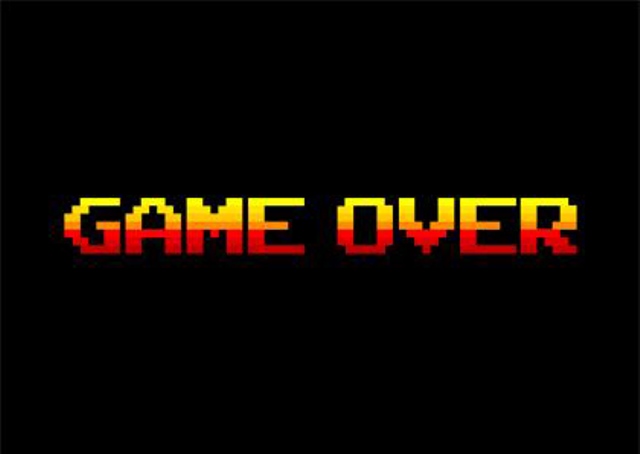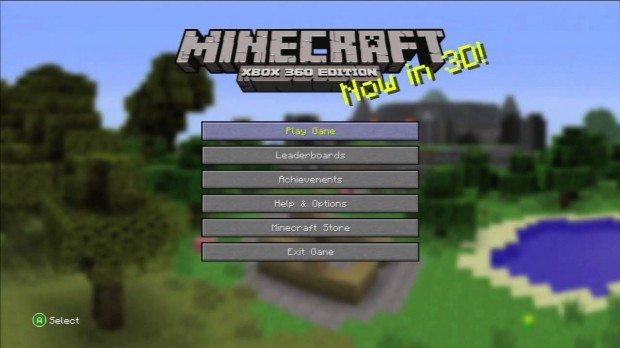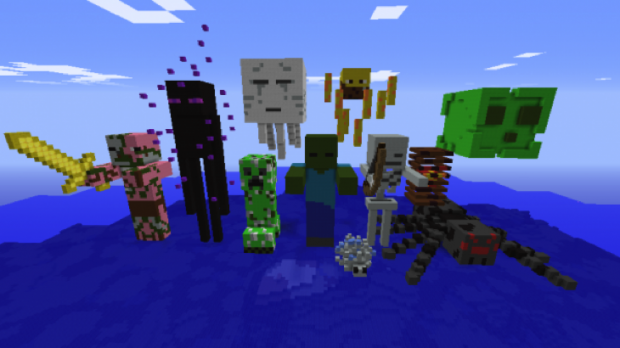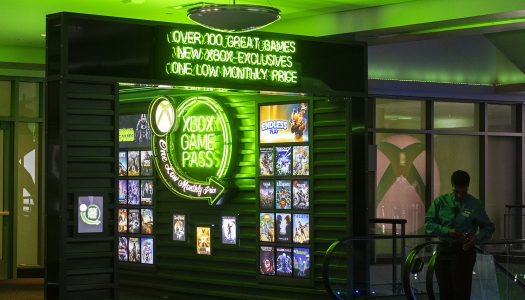 8 years ago
8 years ago
Xbox Game Pass is the best value in gaming, and it’s not even close
In February of 2017, we were introduced to the Xbox Game Pass. A service set upon the concept of giving all players instant unlimited access to a vast library of …
Read More
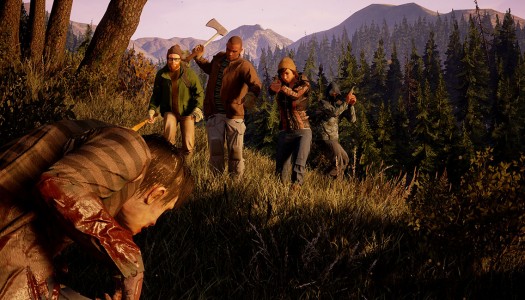 10 years ago
10 years ago
Opinion: Microsoft took back the indie crown from Sony at E3, and no one noticed
If you read XBLA Fans with any regularity — or even any irregularity, for that matter — then you’ve probably noticed something about us: we cover indie games. A lot. …
Read More
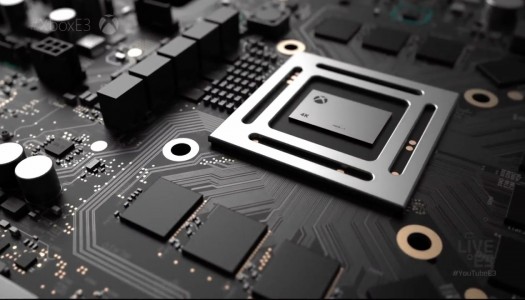 10 years ago
10 years ago
Opinion: Microsoft butchered its E3 Project Scorpio messaging
By now you’ve surely heard that Microsoft announced a pair of new games consoles at its E3 media briefing earlier in the week. Coming in August is the 40 percent …
Read More
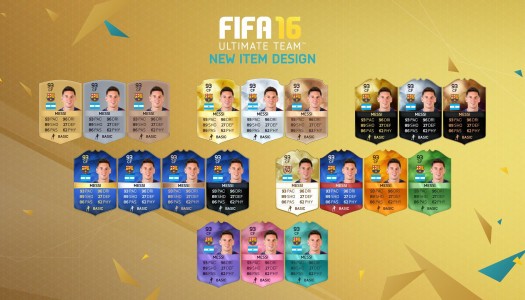 10 years ago
10 years ago
Opinion: Microtransactions and me: Hey big spender
A couple of weeks ago, CBC News broke this story about a teenager from Pembroke, Ontario who racked up a bill somewhere in the region of $8,000 whilst playing FIFA< ...
Read More
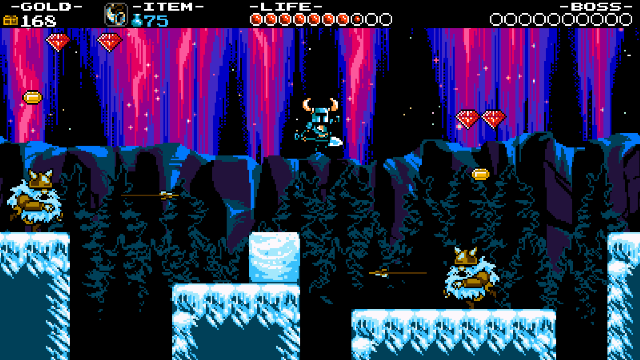 11 years ago
11 years ago
Opinion: Every hard game should have an easier mode
There was once a time we now call the “Good Old Days.” In those days, instant classics spewed forth from every developer’s spicket at such a torrid pace that there was nary an excuse to ever emerge from your parents’ basement and absorb so much as a single UV ray.
Ah yes, they were glorious, those days, weren’t they? Every game was a masterpiece of innovation and craftsmanship, and there wasn’t a single rushed sequel or licensed shovelware release in sight. Replay values were always near infinite, color palettes were consistently varied and vibrant and every single game featured stellar multiplayer and single-player modes.
There’s just one problem with the Good Old Days – they weren’t really that perfect. Certainly it was exciting to grow up during the days of gaming’s so-called Golden Age – sometime between the late ‘70s and mid ‘90s, depending on whom you ask. Everything was new and exciting back then, but not everything was necessarily better. There were good games and bad, just like today. One thing that was almost universally true, though, is that every game was much harder than modern games are. But that doesn’t mean today’s developers should rush to emulate that difficulty – at least not without providing some conceits.
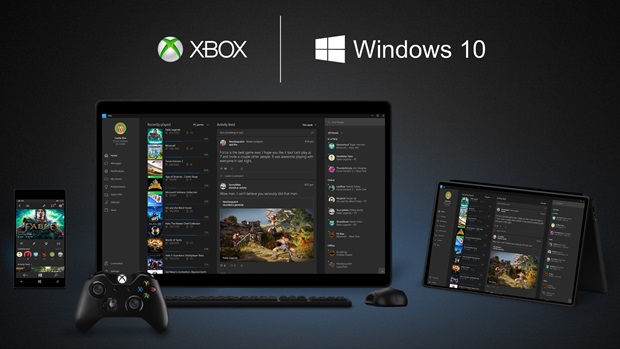 11 years ago
11 years ago
Opinion: Xbox One to PC streaming is almost too good to be true
Yes, you read that headline correctly. Your Xbox One games will soon be stream-able to any Windows 10 PC or tablet. If you weren’t able to watch the Windows 10 Consumer Preview on Wednesday the 21st, then you missed out. It was a great show, and a lot of cool stuff was revealed for the Windows 10 platform.
The entire time I was watching, I had this feeling that streaming Xbox One games would finally be announced. Just before Phil Spencer — head of Xbox — said the magic words, I tweeted this:
 11 years ago
11 years ago
Opinion: We’ll never need a Minecraft 2
Earlier this year Microsoft acquired indie developer Mojang for $2.5 billion. It was a big move, and it left many fans wondering how it might effect Mojang’s hit game Minecraft. In a recent interview with IGN, Xbox head Phil Spencer talked about the desire to meet the needs of the game’s community. He said that Minecraft 2 may not make the most sense, and his words were followed by every fan of the game breathing a sigh of relief. Minecraft already does what it was created to do perfectly, why would it ever need a sequel?
Why it works so well
From the beginning, Minecraft was a game all about building. Not only was the gameplay about letting you create whatever you wanted, but the game itself was designed to be built up into something better. If you look at its original release and look at it now, it’s a very different game. Thanks to Mojang’s constant support with free updates, the game was able to constantly grow into something more grand. Content is constantly being added, and bugs are always being squashed. A sequel could never improve on the Minecraft formula, because its formula is all about improvement. A sequel would be a radical shift away from the pre-established normal of the game, changing it from a single evolving entity to a standard game series with annual static sequels.
Now that Microsoft owns the game, the company’s best course of action to keep customers happy would just be to keep the updates rolling. Minecraft is now on more platforms than ever, catering to millions of players. Everyone who has purchased the game bought it knowing it would receive updates, that the developers would be adding more fun content. It’s essentially an Everlasting Gobbstopper: for a one-time price you get something you can never finish and that will remain good for years to come. If a sequel comes along it will make the original go stale, forever stopping progress in your old worlds. It’d be like a new Skylanders game that wasn’t compatible with last year’s figures, or a new box of Legos that didn’t fit your old pieces. New content shouldn’t intend to be a rigid standalone package; it should be an addition to the big Minecraft toy box.
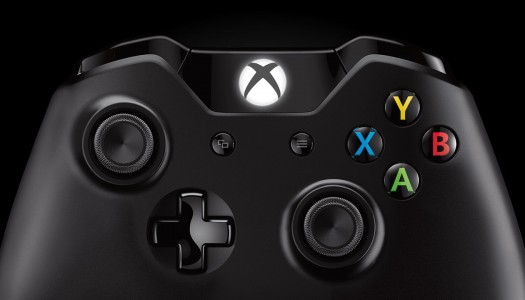 12 years ago
12 years ago
Opinion: Stand by for (Download)fall
This isn’t a new argument; it’s been made before. Chances are high that you’ve made it yourself once or twice. Recent events, however, warrant revisiting it. Microsoft teased us all last week with a feature that the Xbox One should have had at launch. It told us that we’d all have the ability to do on Xbox One what we’ve enjoyed doing on digital distribution platforms like Steam and Origin for years: pre-purchase and pre-download a game prior to its release. Then, in a move that felt like some sort of cruel joke, Microsoft took it all back.
Just kidding, you guys
“Whoops, our bad. Sorry if you got excited, but we’re not actually going to let you do that thing we said we’d let you do that we know you want us to let you do,” Microsoft said in a statement after removing the pre-download option for first-person shooter Titanfall.
OK, no, it didn’t actually say that — but it might as well have. Here’s what Microsoft actually told told Polygon of its blunder: “The pre-purchase offer page was posted in error. We apologize for any confusion.”
The Xbox.com page for Titanfall, which releases on March 11, temporarily had the digital pre-download option that has been so conspicuously absent from digital Xbox purchase pages to date. It was quickly removed, and now Microsoft is apologizing for dangling that carrot out there before yanking it back and locking it away. Polygon captured the official explanation for how pre-downloading on Xbox would work before Microsoft “fixed the glitch.”
Pre-purchase: You will be charged the full price immediately for this pre-purchase. Xbox One game expected to release on March 11th, 2014. You may download the game from Xbox Live before then, but it will not be playable until after 12:01 AM PST on the release date in your country.
For a brief time, at least, it looked like gaming digitally on Xbox was now going to be a little bit more like gaming digitally on PC. It looked like it was going to have something that has become so commonplace in PC gaming that it’s no longer a value-added feature; it’s an expected part of the service that is taken for granted. Unfortunately, unlike those freewheeling distributors of digital PC games, Microsoft has interests other than its own to consider.
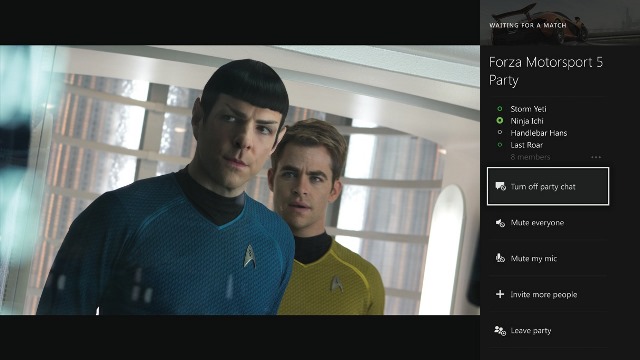 12 years ago
12 years ago
Opinion: Microsoft should be sorry for party rocking Xbox One
There was a time when playing a single-player game meant playing alone and playing a multiplayer game meant mandatory exposure to the (often annoying or offensive) thoughts of random players on the other end of Xbox Live. That time ended during the last console generation thanks to an Xbox Live feature that caused many to pick Xbox 360 over PlayStation 3 as their choice system for multiplatform games: party chat.
Fixing the problem
The introduction of party chat to the Xbox Live equation was a game changer. No longer did the desire to play an online multiplayer game mean that players would — almost without fail — be subjected to nonstop barrages of insults streaming into their ears from other players. No longer was getting into a game with friends and communicating with them while playing a hassle. No longer was it necessary to remember to inform friends how cool that single-player game you were playing was and why it was so cool after you played it. Up to seven of your friends were now right there with you in a party, and nobody else was getting in the door without you first putting their name on the guest list. You now had your own private party, and damn if it wasn’t fun.
So improved is the party chat experience over the only option that preceded it (chatting with random individuals) that I now refuse to play online multiplayer games without first entering into a private party. Even when no one on my friends list is available to play I still start my own private party, just to keep the cacophony of the internet’s worst amateur comedians and trash talkers out of my ears. The multiplayer experience is exponentially improved thanks to Xbox Live party chat, and, until very recently, no other home console has been able to compete with it.

